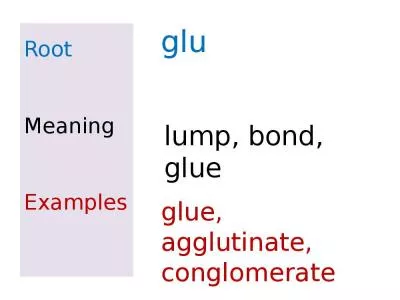PPT-Existentialism: The Search to Find Meaning
Author : stefany-barnette | Published Date : 2017-05-06
The Major Concepts 1 Focus on Concrete Existence Existential philosophers believe that we should focus on our individual lives and the things we create We shouldnt
Presentation Embed Code
Download Presentation
Download Presentation The PPT/PDF document "Existentialism: The Search to Find Meani..." is the property of its rightful owner. Permission is granted to download and print the materials on this website for personal, non-commercial use only, and to display it on your personal computer provided you do not modify the materials and that you retain all copyright notices contained in the materials. By downloading content from our website, you accept the terms of this agreement.
Existentialism: The Search to Find Meaning: Transcript
Download Rules Of Document
"Existentialism: The Search to Find Meaning"The content belongs to its owner. You may download and print it for personal use, without modification, and keep all copyright notices. By downloading, you agree to these terms.
Related Documents














